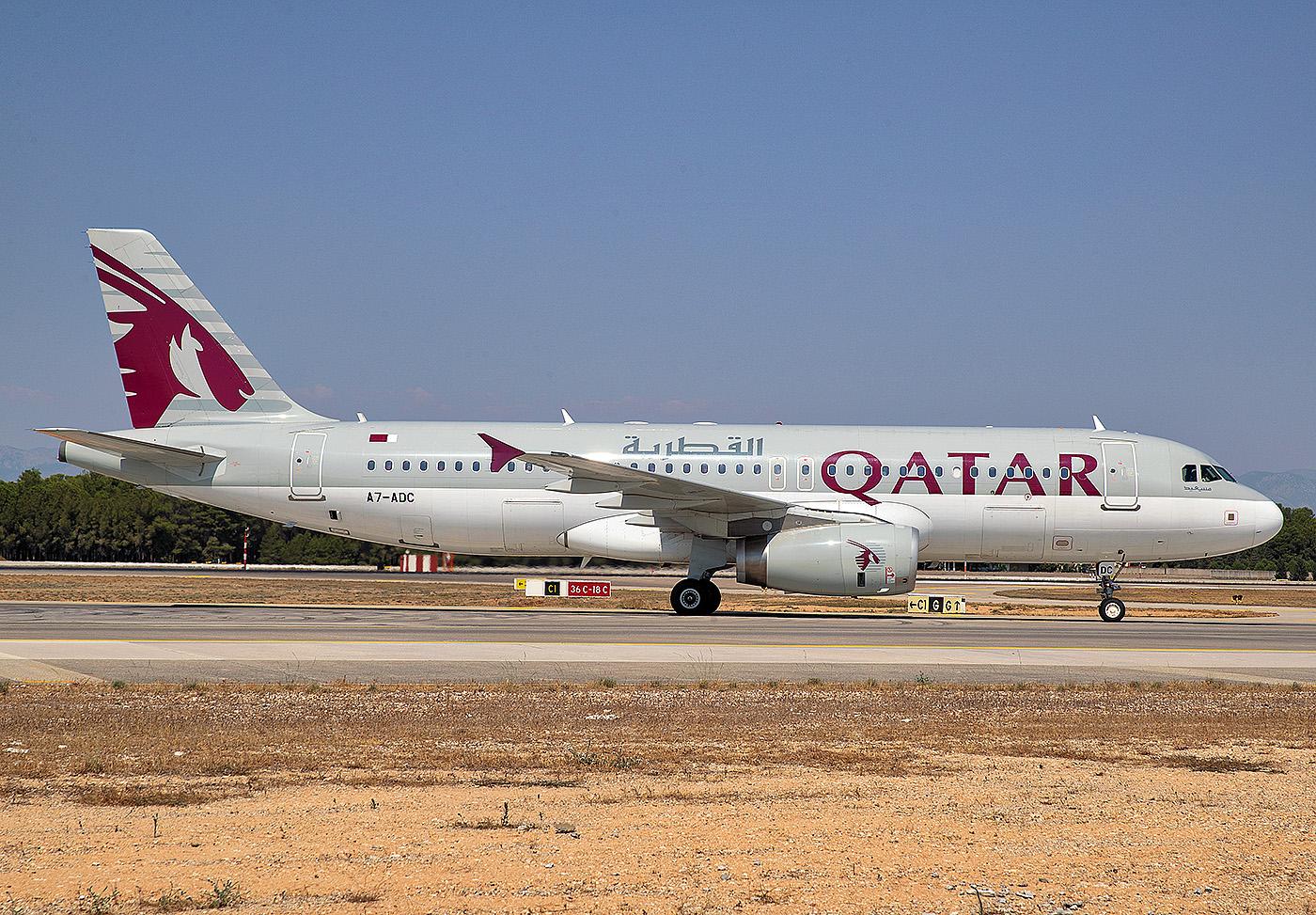
RIYADH, Saudi Arabia—Members of the Arab Air Carriers Organization (AACO) have formed an informal spares pool arrangement to help fellow airlines overcome long-running supply chain problems when sourcing components.
The closing session of the AACO annual meeting heard that the organization’s 36 member airlines have formed an inter-carrier agreement to help each other in AOG (aircraft on ground) situations, where members will supply spares—if available—to help get a fellow-carrier’s aircraft back into the air.
This arrangement runs alongside a similar, but larger, pool system created by IATA, AACO secretary-general Abdul Wahab Teffaha said.
Spare engine components are a particular problem in the Middle East, where harsh operating conditions cause greater than normal wear and tear on engine parts.
The chairman of the annual meeting, Saudia Group Director General Ibrahim Al-Omar, said that Saudia was facing “a real challenge” with the supply chain, for both its existing and new-generation aircraft. “We’re impacted especially with the new fleet, so we are working with the manufacturers to find quick fixes that are perhaps not permanent.”
He said that while suppliers had promised him the problems would be solved in 2024, he believed it would be 2025 before equilibrium returned.
The Israel-Hamas war has been an unhappy backdrop to the Riyadh meeting. The cost of the war on the region’s airline industry was as yet unknown, Teffaha said.
“Definitely there’s been a cost and that impact will be felt more by the adjacent countries to the conflict—Jordan, Lebanon and, to a certain extent, Egypt. It doesn’t really spill over to the other areas of traffic,” he said.
“In terms of costs, many flights to the conflict zone were suspended, and routes were changed,” Teffaha added. “Some of the flights flying over Israeli airspace have to fly south over Sinai.” Flights that previously flew over the Sinai Peninsula close to the Israeli border were also now taking a more southerly track, adding to flying time and costs.
